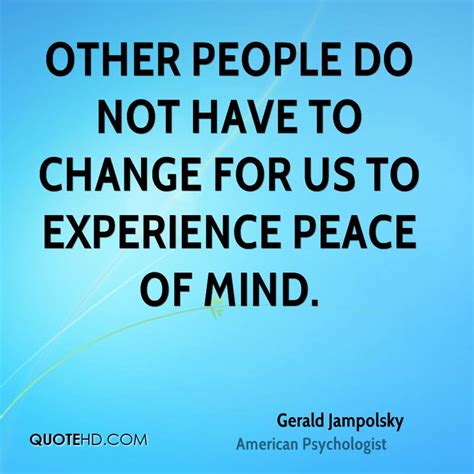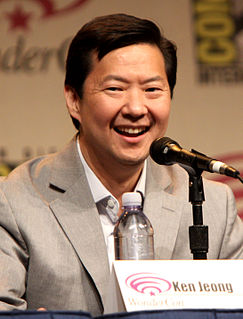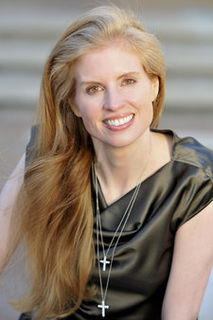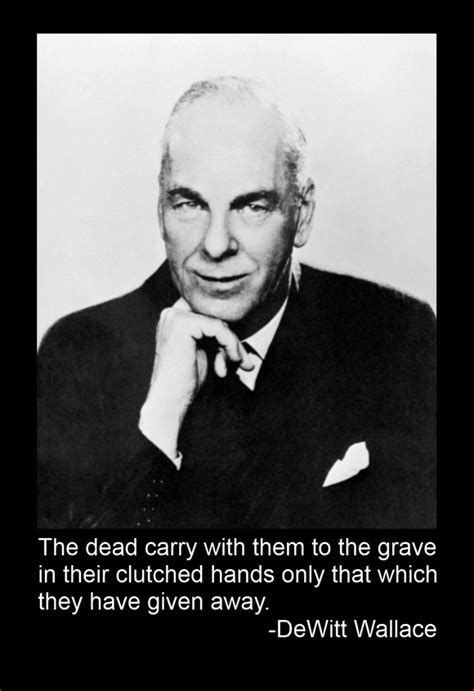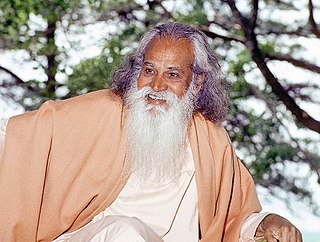A Quote by Timothy Leary
I totally deplore the notion of an M.D. giving pills to patients - a medical doctor giving psychological or psychoactive change agents to another person.
Related Quotes
Giving means extending one's love with no conditions, no expectations and no boundaries. . . Peace of minds occurs, therefore, when we put all our attention into giving and have no desire to get anything from, or to change, another person. . . The giving motivation leads to a sense of inner peace and joy that is unrelated to time.
In medical school, students are immersed in the realm of medical ethics. It's where new doctors study, learn right and wrong, ask tough questions, and discuss things like end of life care, genetic testing, and patients' rights. In lots of ways, it's the most important part of being a compassionate and competent doctor.
The intention behind our giving and receiving is the most important thing. When the act of giving is joyful, when it is unconditional and from the heart, then the energy behind the giving increases many times over. But if we give grudgingly, there is no energy behind that giving. If we feel we have lost something through the act of giving, then the gift is not truly given and will not cause increase.

